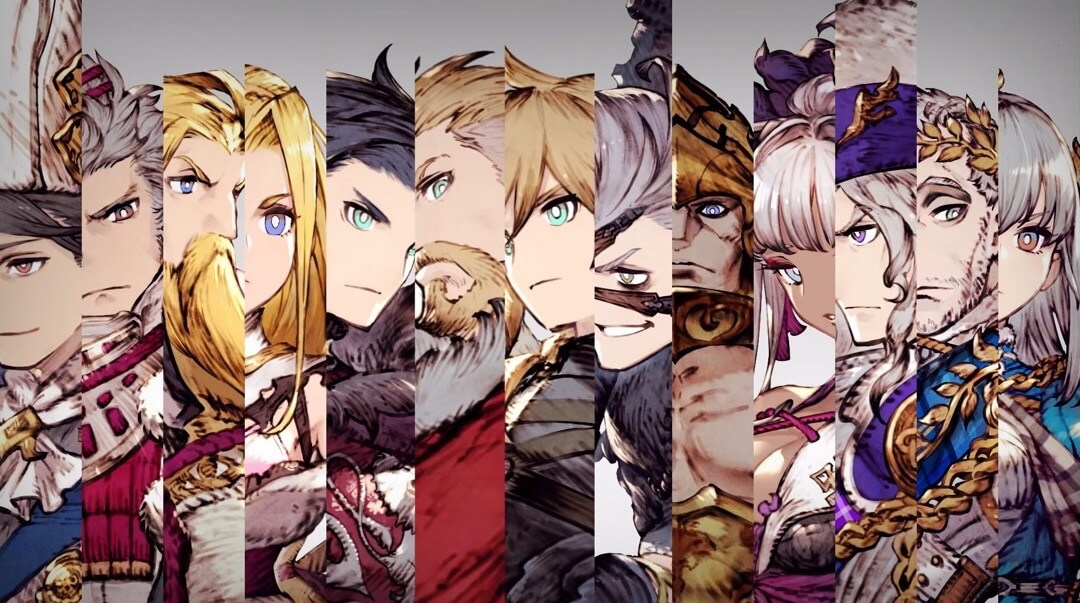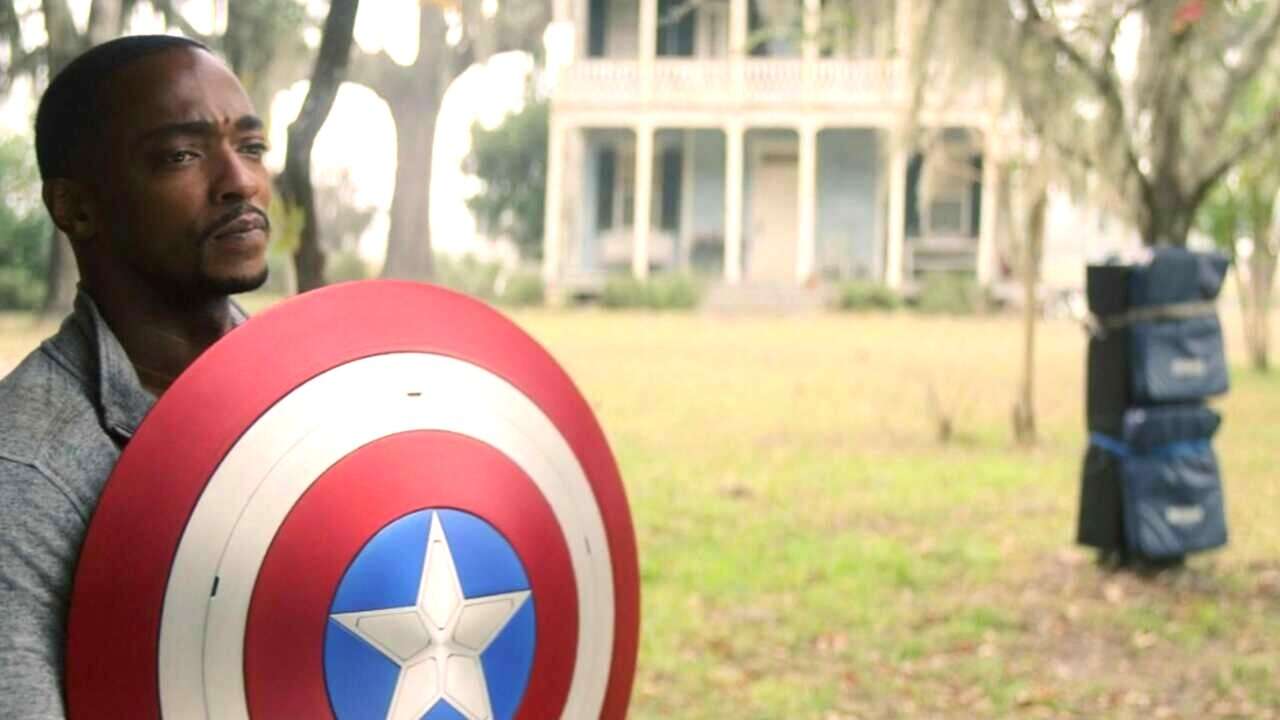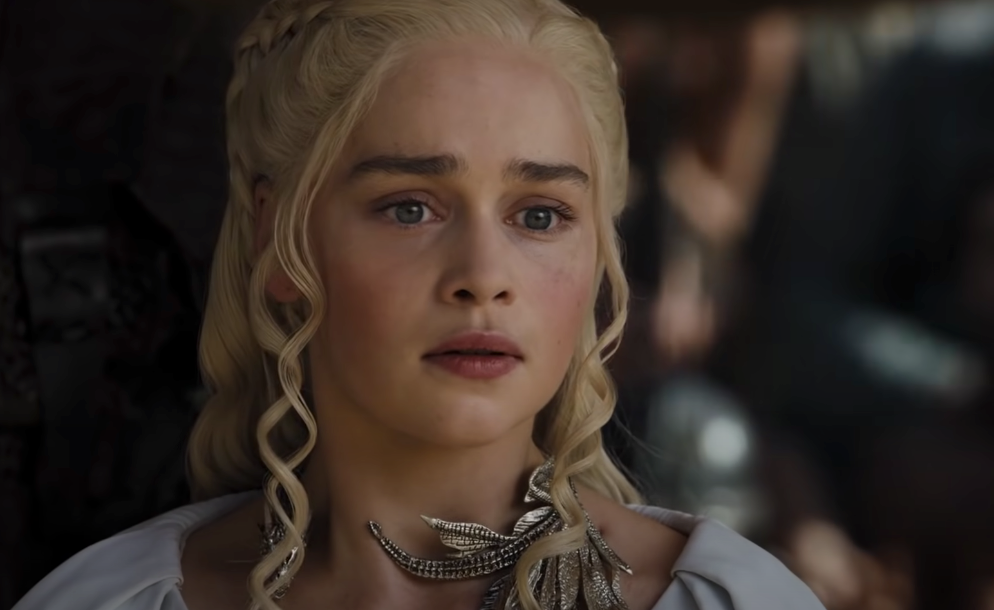All of Apex Legends’ characters are divided into one of four classes: offensive, defensive, recon, or support. With Ash coming to Apex Legends in Season 11: Escape, the battle royale game is getting another offensive legend, bringing the total number of playable characters to 19. Of the 19, eight are offensive characters, four are defensive, five are recon, and two are support. Apex Legends needs a new support legend.
The support class was originally the hardest of Apex Legends’ classes to define. At launch, Apex Legends’ two support legends were Lifeline and Pathfinder, with the implication that support characters were legends that had abilities geared towards assisting their allies, with Lifeline as the resident healer and Pathfinder helping people move about the map. But several legends were able to do what Pathfinder can do, and so questions sprung up in the community as to why he was classified as a support legend and not, say, Wraith or Octane.
This issue was ultimately addressed in Season 4: Assimilation and Season 5: Fortune’s Favor. In Season 4, Pathfinder was changed to recon, matching Bloodhound and Crypto as an information-gatherer. Then in Season 5, Loba was added to the game as the new second support legend, finally solidifying the class into what it is today–characters with at least two abilities that allow them to aid their allies in securing loot and/or healing. Lifeline does this with her D.O.C. Healing Drone and Care Package, while Loba fulfills her class role with Eye for Quality and Black Market Boutique.
Neither Lifeline nor Loba are the most popular picks, which makes a lot of sense, given that Apex Legends’ meta leans toward aggressive play. The other three classes overtly support that meta with direct action–offensive legends have abilities that help them in combat, defensive legends can protect their squads long enough to go on the offensive again, and recon legends can lead their allies to new enemies to kill.
But support legends are important to this meta as well, if indirectly, because they solve the lone wolf problem. The most important aspect to winning in Apex Legends (other than skill) is teamwork. A squad of three that sticks together is usually more dangerous than one exceptional player (again, skill plays a factor here–good teamwork is no automatic guarantee). But not all legends have abilities conducive to maintaining that teamwork. Everyone has played with an Octane that left their squad in the dust at least once. Sometimes that’s purposeful on the Octane’s part but it can easily happen by accident as well, given that his Stim regularly makes him so much faster than pretty much every other legend.
There are several legends who possess abilities that can accidently encourage even the best of players to wander too far from the group. Octane is the biggest offender but Wattson and Crypto can too often be caught up in setting up defenses or scouting an area to the point that they fall behind their allies. Pathfinder and Wraith have movement abilities that can sometimes make it feel safe to leave the group (a quick use of their tactical could potentially get you out of any trouble you find). And a Bloodhound or Seer that picks up the trail of the enemy may wander without immediately informing their allies of where they’re going. And beyond that, the call of finding good loot can sometimes just cause anyone, regardless of what character they’re playing, to separate so that no one is fighting over the same items.
Support legends fix this problem. Though their described purpose is to help the squad acquire loot and healing, the underlying–perhaps even unintentional–role of the support legend is bringing squads together. If your team has finished up a big fight and a few folks are already beginning to wander off while someone still wants to pick through the graveyard of deathboxes in search of loot, few things will cause everyone to stop what they’re doing and huddle up like a Lifeline tossing out her D.O.C. Healing Drone for some free health. Similarly, a squad spread out across a large landmark will usually stop what they’re doing to gather around and loot from a Care Package or Black Market Boutique.
That’s a huge hidden benefit to support legends. Sure, they support their allies, but what they really support is the concept of teamwork. A good player that correctly uses Lifeline and Loba will regularly use their abilities and keep their squad together, ensuring that all three members can respond to threats as a team.

No matter where Loba sets up her Black Market Boutique, it almost always causes her squadmates to reconvene in order to use it.
Season 11 marks the sixth season since we’ve gotten a new support legend. There hasn’t been another since Loba’s addition. But we need more support legends; we need more characters who have abilities with the underlying effect of drawing a team together. Year 3 has seen the addition of four new legends–Fuse, Valkyrie, Seer, and Ash–that can all operate solo and don’t possess abilities that are helpful to encouraging squads to huddle up between fights. And you can definitely see their addition beginning to skew the thought process of some players, as more and more people aggressively push the attack on their own and just expect their team to follow, or try to loot on their own with the expectation that their abilities will get them out of a jam if necessary.
There are just so many offensive, defensive, and recon characters in the game. Despite their importance, support legends are outnumbered by every other class, to the point that the chances of a squad having one is pretty low. I hope Respawn boosts the number of support legends, just as it once did with recon, the previous smallest class–that class started with one legend (Bloodhound) and now is the second-largest class in the game. The legends we’ve gotten in recent seasons have all been wonderful, but they’re all designed for playing aggressively on your own. It’s time for a new support legend, if only to balance the scales back toward team-oriented play.
Source: Gamespot





















